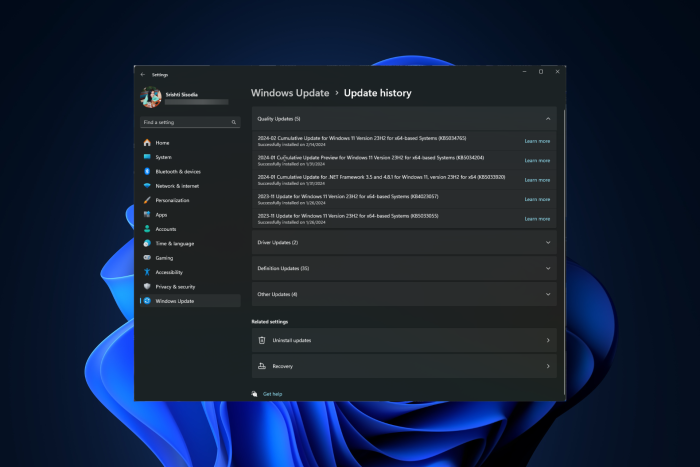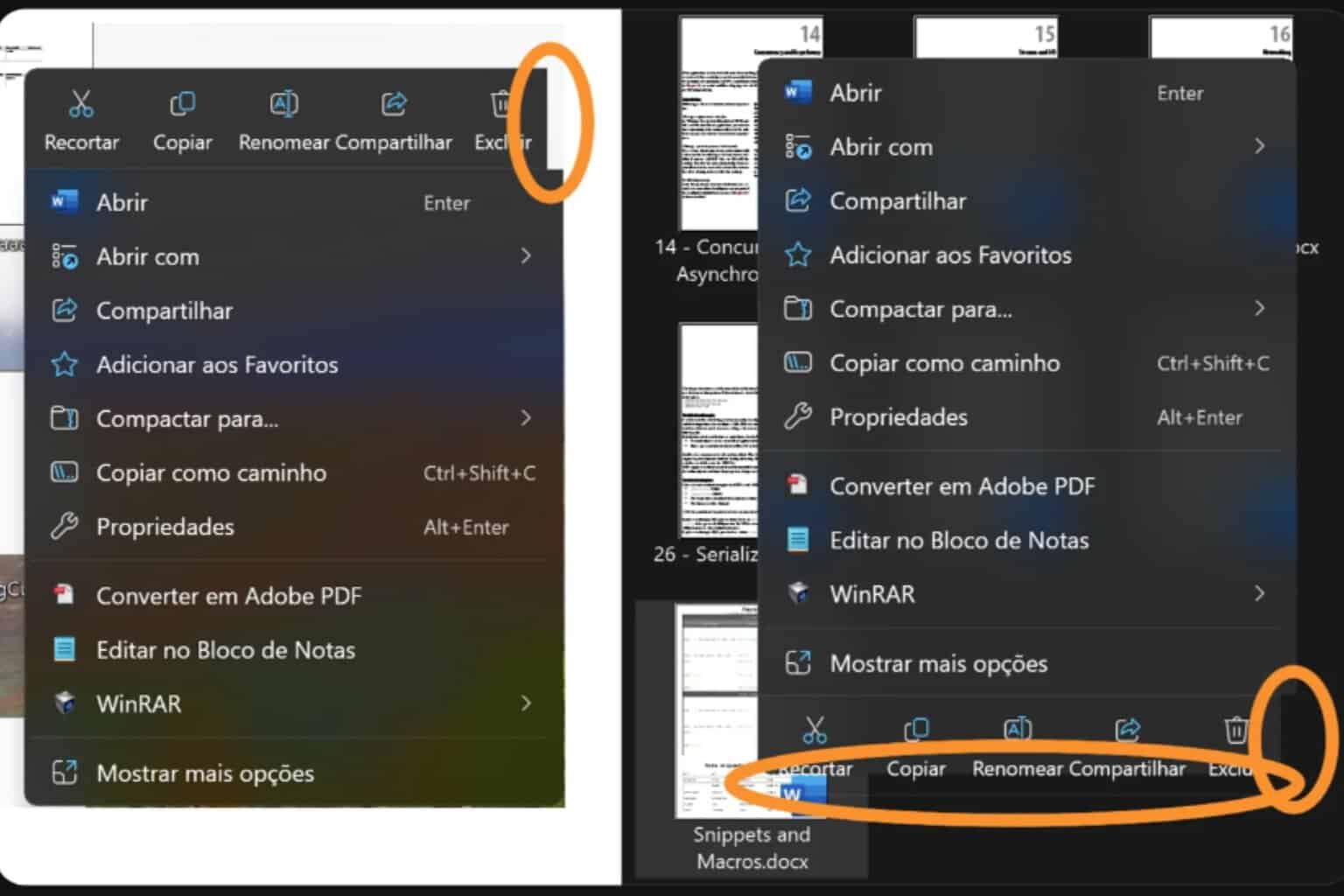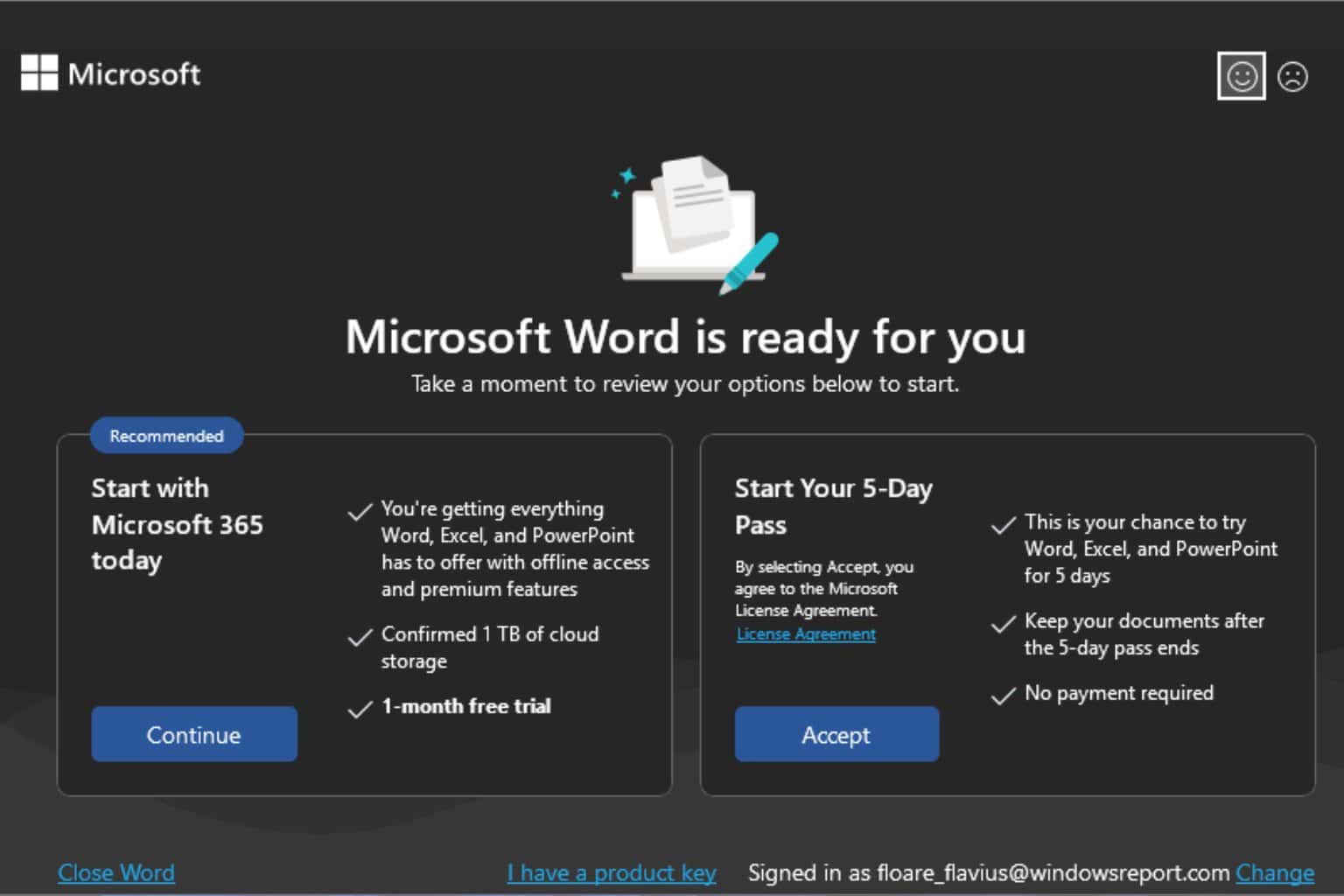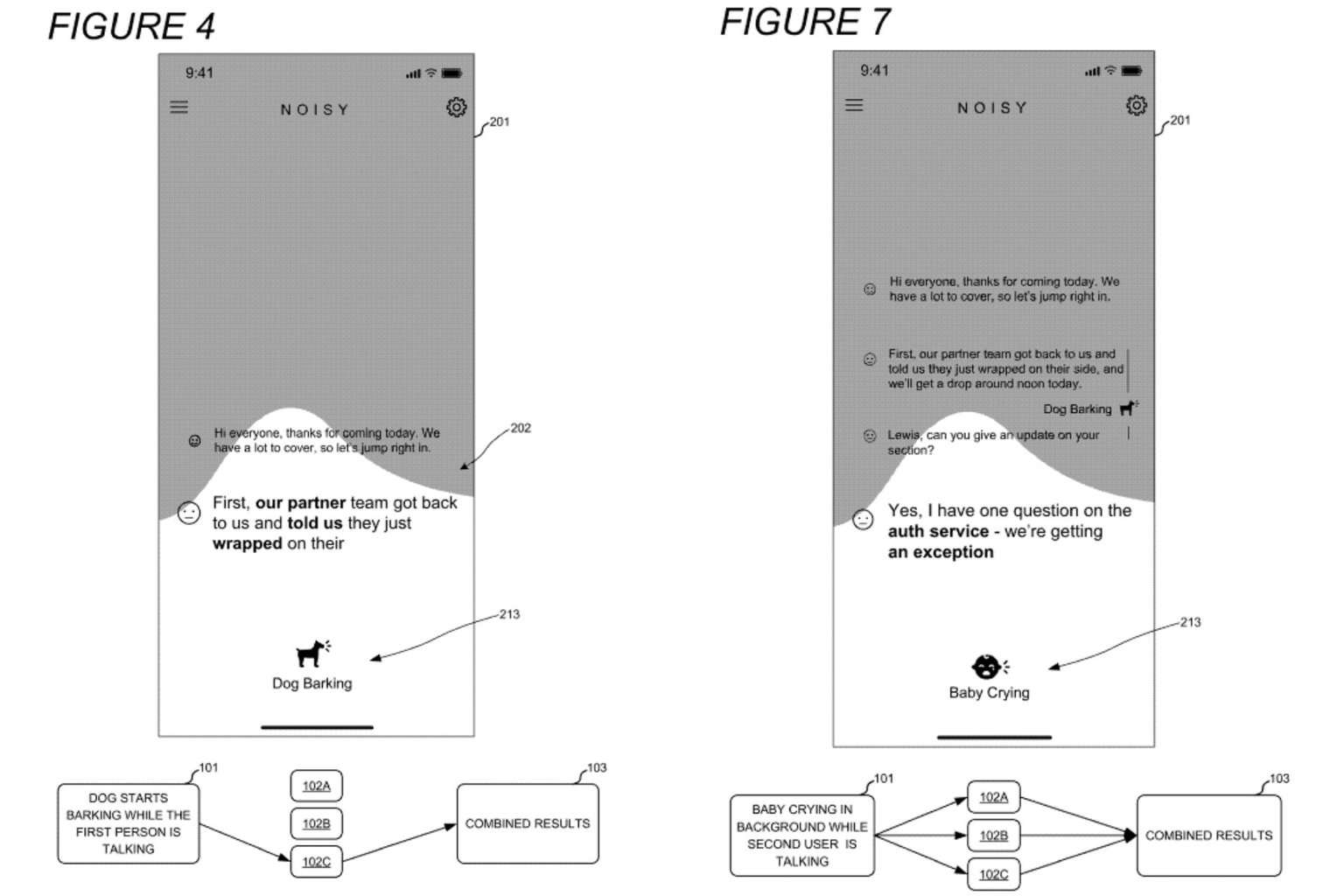Windows 11 KB5034765 won’t install but there is a workaround
Delete the $WinREAgent folder
3 min. read
Published on
Read our disclosure page to find out how can you help Windows Report sustain the editorial team. Read more

On February 13, KB5034765 (OS Builds 22621.3155 and 22631.3155) was released, and many users complained that after the update, their Windows File Explorer started crashing & also made the Taskbar disappear.
Some users also reported trouble installing the security update released last week. The update repeatedly failed to install, showing error codes 0x80070002, 0x800f0922 and 0x800f0982.
According to Windows Latest, they tried to roll back, but the process was stuck, resulting in a Something didn’t go as planned error message.
Then, clearing the Windows Update cache, uninstalling third-party apps, and running the Windows Update troubleshooter also didn’t work.
However, according to one of the users on Reddit, deleting the $WinREAgent folder from the system drive can do the trick. You can do that in two ways:
- Press Windows + R to open the Run window, type cleanmgr, and press Ctrl + Shift + Enter to run it as admin. Select the system drive, select all the items in Files to delete, and click OK. This will remove all the content of the $WinREAgent folder
- If that doesn’t work, you can press Windows + E to open File Explorer, navigate to the system drive, and type $WinREAgent in the search bar; you will get the $WinREAgent folder. Select it and click the Delete icon to remove it.
Once the folder is removed, you can try to install the Windows 11 KB5034765 security update; you will be able to update to the latest version without issues.
Issues caused after installing the Windows 11 KB5034765
Many users also reported that File Explorer crashed when they rebooted or shut down the computer. The issue first appeared after Windows 11’s January 2024 optional update.
The error message with the title explorer.exe – Application Error appears with the description – The instruction at 0x00007FFB20563ACa referenced memory at 0x0000000000000024. The memory could not be written. Click on OK to terminate the program.
The issue seems to be persistent after running an SFC scan, running memory tests on RAM and even after a clean installation of Windows 11.
Microsoft release notes mention:
This update addresses an issue that affects explorer.exe. It might stop responding. This occurs when you restart or shut down a PC that has a controller accessory attached to it.
However, the issue remains the same for the majority of users facing the issues, and they are still reporting the issue on Reddit, Microsoft Community, and other forums.
Are you facing the same issue? Share your experience in the comments section below.









User forum
0 messages